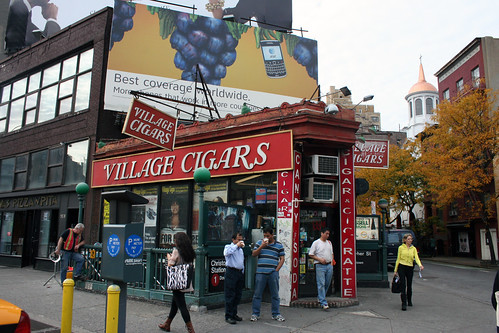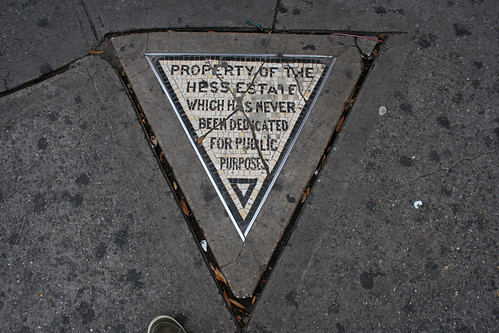Our brave city of Scottsdale has come up with this pioneering idea:
Scottsdale's Historic Preservation Commission wants city staff to look
into designating '50s-era garden apartments as an entire historic
district
For those who have not struggled with this, being named a historic building or site can be the kiss of death - basically it means that the government has restricted your ability to do anything with your property. You certainly can't tear the sucker down and put something more modern on your own land and you have to go through mind-numbing approvals and use special super-high-cost contractors even to do the smallest amount of work on the structure. In some of the public parks we run, I know of several historic buildings that are falling apart because they have been named historic buildings and the bureaucratic headaches to even stabilize the roof and stop leaks is insurmountable. (A few years ago I nearly got arrested for putting some tar paper on the roof of a historic cabin to try to stop the rain from getting in and ruining the building. I was told that they would rather the building crumble to dust than let any non-authentic work be done on it).
Can you imagine having your dated 50's-era ugly home or condo designated so that you can't tear it down? Does this mean that you can't even update it, to get rid of the avocado appliances? Apparently so:
Valarie Hartzell of Park Paradise, 6936 E. Fourth St., said condo
owners there also are making improvements, but city-approved
contractors balk at installing authentic, and perhaps hard-to-get,
fixtures
The woman driving this effort reveals the thinking so typical of these efforts:
Preservation Commissioner Nancy Dallett said the rare configuration of
the apartments in a single neighborhood may qualify them for a
geographic designation.
"The strength of our district is in the clustering of the apartments,"
Dallett said at Thursday's commission meeting. "I wouldn't want to let
go of any of these within the boundaries."
Don't you love that last line? Look Nancy, if you want something specific done with this property, buy it yourself. But don't try to manage property you don't own at costs you don't bear for an outcome you desire.
In a nutshell, such efforts result in the effective taking of the private property to meet some public good, without any compensation. This is eminent domain without any payment at all, thereby taking Kelo even one step further.
By the way, this means you have about 20 years before your 1970's style house is declared a landmark, and you will be stuck forever with the orange deep shag carpet and mirrored walls, so move quickly on that renovation.

